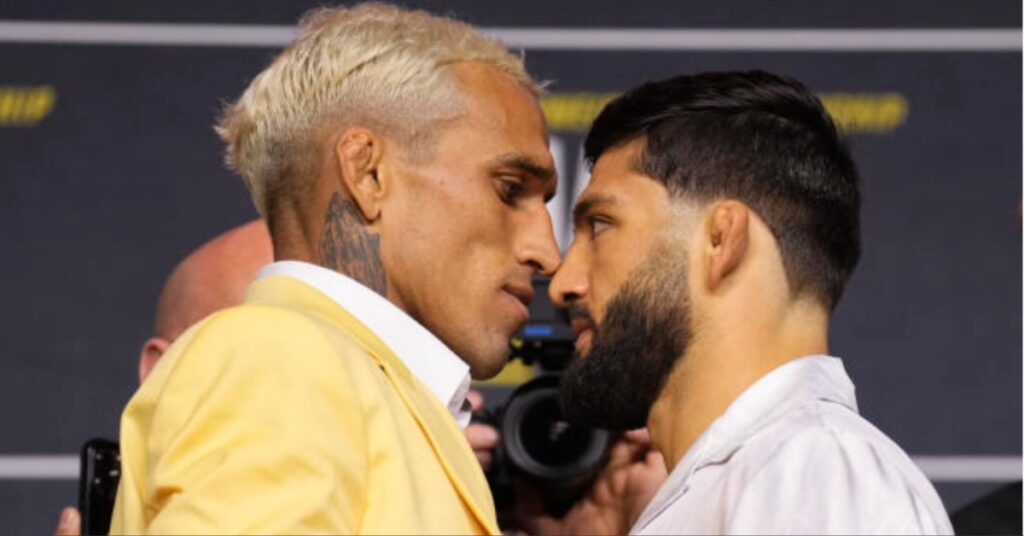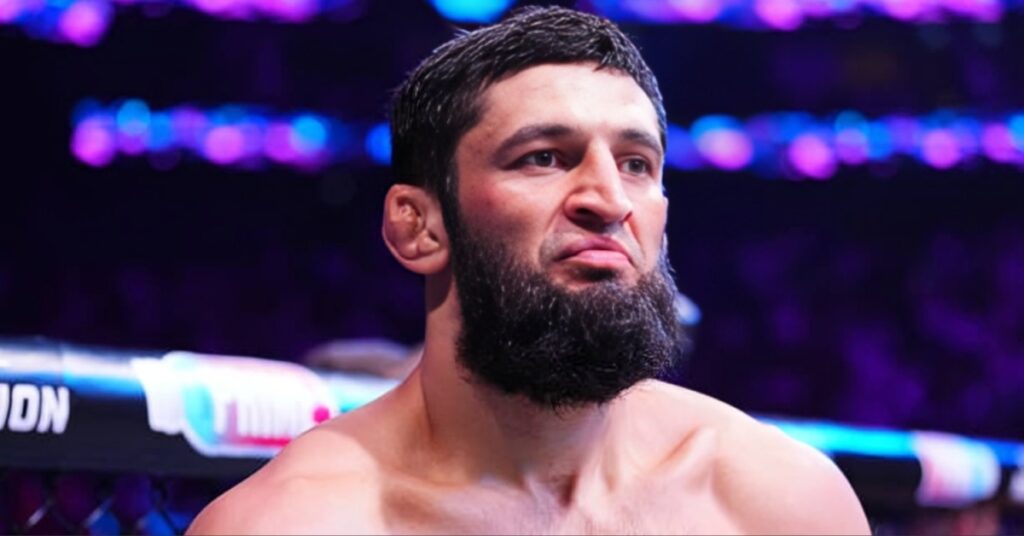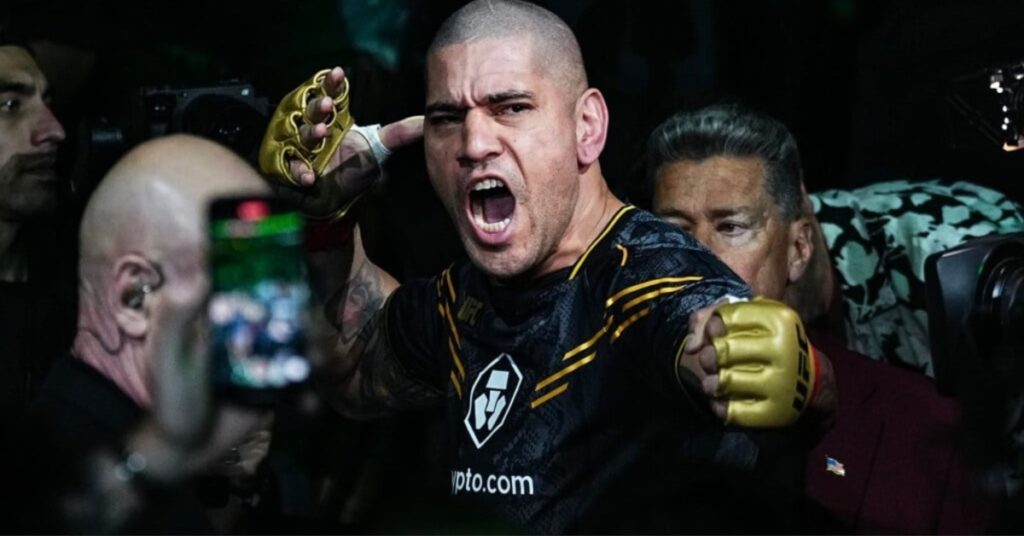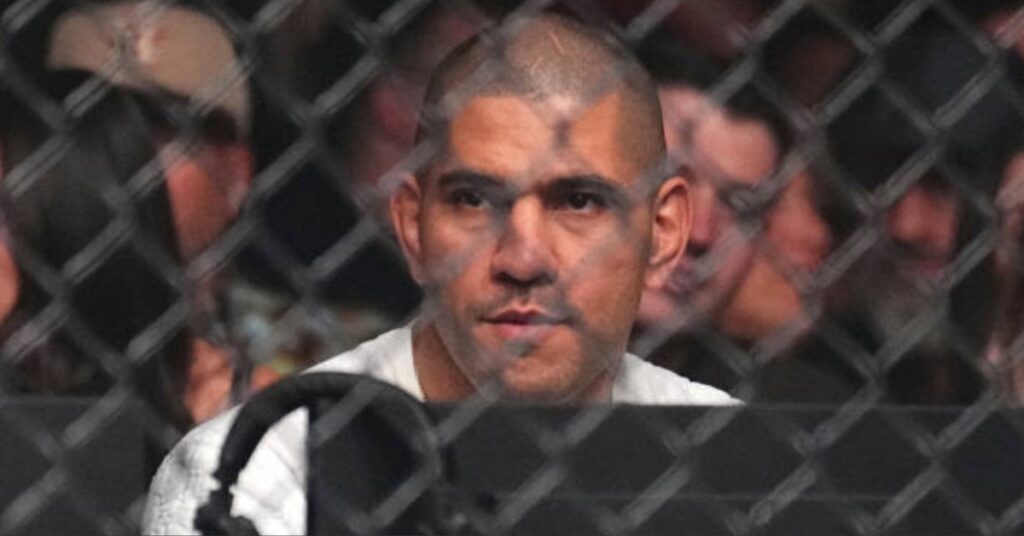Anthony Joshua in talks to open care facility for retired boxers suffering from the long-term health effects
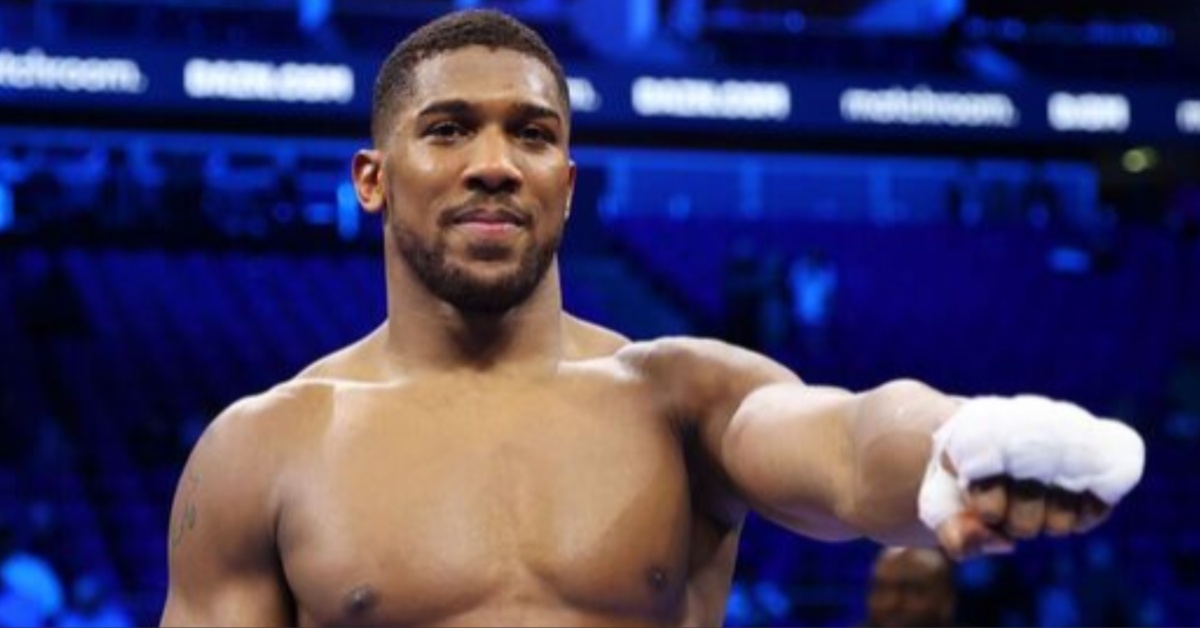
After becoming one of professional boxing’s biggest global stars, Anthony Joshua is looking to put some good back into the world.
As big as the sport of boxing is, competing in it comes with some serious risk factors. In particular, chronic traumatic encephalopathy, otherwise known as CTE. According to the Indiana University School of Medicine, CTE is a progressive degenerative disease affecting people who have suffered repeated concussions and traumatic brain injuries. Those most susceptible to developing CTE are athletes, specifically football players and boxers.
During a recent interview, Joshua revealed that he is looking to help retired boxers who are suffering from long-term health effects by opening a care home.
“They suffer by themselves, so we’ve been speaking about opening up a care home,” Joshua said on Desert Island Discs. “That would be part of my boxing legacy – that I gave something back to the sport that made me. The one thing I would hope for is to keep my health intact.
“Because it’s your health that is the most important thing you’re putting on the line. We can notice it in fighters when their health is deteriorating, but we never actually talk about it among ourselves. All we focus on is winning” (h/t talkSPORT).

Recent studies have shown that between 20% and 40% of boxers develop chronic traumatic brain injury (CTBI) or chronic brain injury (CBI) either during their careers or after retirement. A Cardiff University study also showed that boxers are at greater risk of developing early-onset dementia, showing signs of the disease five years earlier than those who had never boxed.
CTE was first described in 1928, but it wasn’t diagnosed in anyone until 2002 with former NFL player Mike Webster being the first.
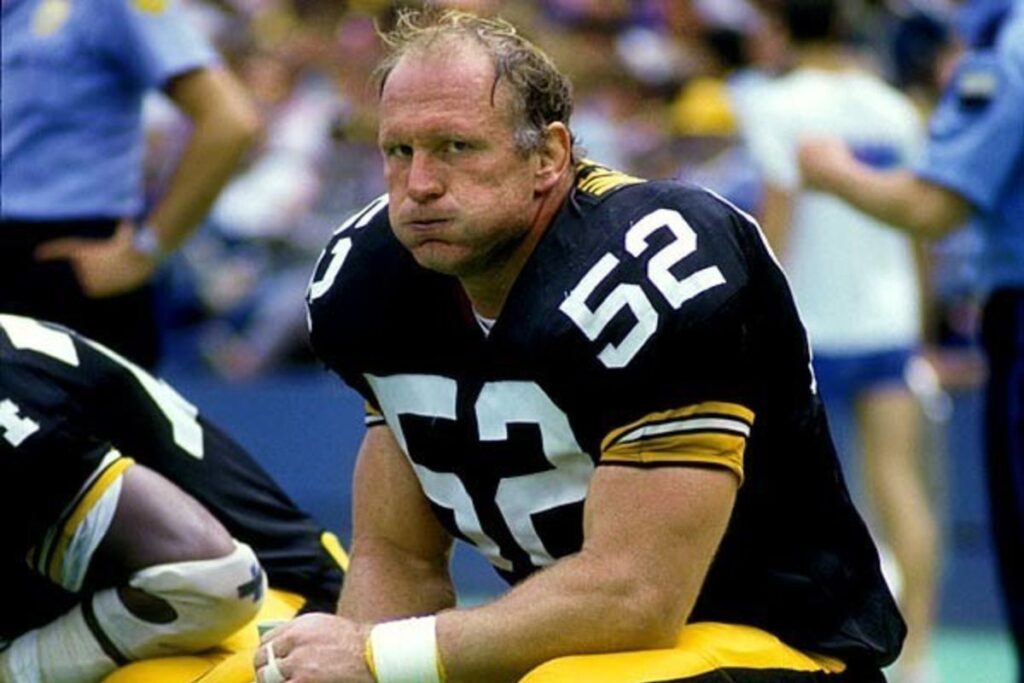
Anthony Joshua believes ‘training hard’ and ‘training smart’ are detrimental to keeping your health in boxing
Joshua, like many boxers before him, is well aware of the risks involved with his profession, but believes there are ways to survive and thrive in the sport with minimal damage to one’s mind and body.

“If I weren’t boxing I’d be quarter of the man I am, it’s made me really astute, intelligent, built my character, strong-minded, strong-willed, it’s really helped me.
“It doesn’t take a lot out of me, it don’t, I promise you. Health is important in this sport but that’s why you’ve got to train hard, that’s why you’ve got to train smart. We spar a lot, that’s why you’ve got to be good, if you’re not good enough you shouldn’t do it because it’s so detrimental to your health.”
Joshua is 28-3 in his pro boxing career with 25 of his wins coming by way of knockout. The former two-time unified heavyweight world champion’s most recent appearance in the ring came in March when he squared off with former UFC titleholder Francis Ngannou in Riyadh.
Joshua scored a second-round KO, bringing Ngannou’s boxing run to a crashing halt.

